The best places in the UK to see the night sky
Imagine you lived in a town, and from your window you could see the hills rolling away into the distance. Then imagine how you would feel if somebody built a wall across your view, blocking out that scene and leaving you with nothing but bricks. Well, that's not too dissimilar to the effect light pollution in our towns and cities has on the night sky.
There are thousands of stars visible from earth to the naked human eye, but we are lucky if light pollution allows us to see a dozen. Studies have shown that light pollution has a detrimental effect on human wellbeing, and it seems likely that visible night skies, like wild places, increase our happiness. Luckily, the protected areas of our countryside are great places to see the night sky, and several have even won international recognition for their efforts to protect themselves from light pollution.
The International Dark Sky Association (IDSA) arose to recognise places in the world that are managed to protect views of the night sky. The UK is lucky to have had several locations approved under its designation, which looks at the active prevention of light pollution, and also public access. There are two designations, Parks and Reserves, with Parks representing larger areas under protection. Other than size they have the same level of quality, described by the IDSA as 'an exceptional or distinguished quality of starry nights and a nocturnal environment'.
Dark Sky Parks in the UK are located in the Northumberland National Park & Kielder Forest, Elan Valley in Mid-Wales, and Galloway Forest Park in Scotland. Dark Sky Reserves can be found in the National Parks of Exmoor, Snowdonia and the Brecon Beacons. It's a relief to know that because of the work of the National Park authorities in these areas, they are now also being protected for their darkness and their views of the stars, surely just as much a measure of their wildness as their wildlife. Local communities have also been encouraged to adopt lighting that creates less glare, reducing light pollution even further.
What this means is that, instead of trying to get into the mountains for the day and then get out that evening, spending the hours of darkness driving, why not stay for a few days and enjoy the nights as well? Join a guided walking weekend to one of the dark sky reserves or parks we have and get outside after the sun has gone down. Of course it may be raining, but you may get lucky and see the Milky Way, or a planet, or even a shooting star. You won't need a pair of binoculars or a telescope to appreciate what's up there, but a thermos and a roll-mat are helpful if you want to lie on the grass and spend hours looking up.
Join us for a weekend Stargazing in Northumberland or take a look at all of our Dark Skies events

